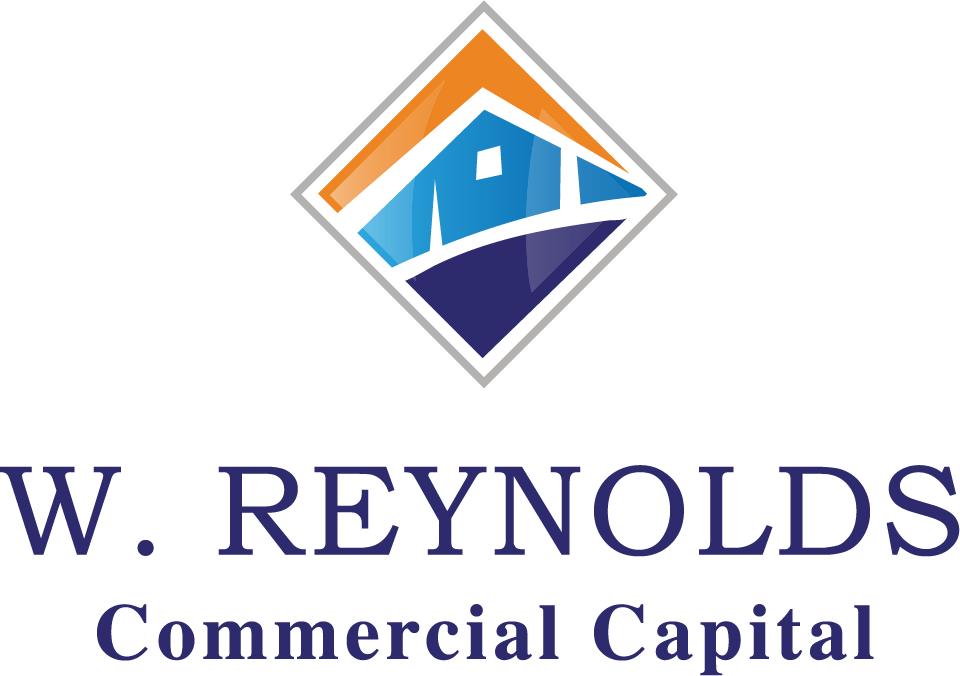The Basics on the 7(a) SBA Loan
The 7(a) loan program is the most popular offering from the SBA, and for good reason. It allows small business owners to finance major investments in equipment, and it also lets entrepreneurs purchase existing businesses in communities across the country.
Before applying for a 7(a) SBA loan, you need to understand how it works, who is eligible, and what the debt structure will look like.
Who Can Get Approval?
The Small Business Administration requires companies fit certain income restrictions to be considered. These change from year to year, so it’s important to always check the current requirement before applying. You might qualify this year even if your business has not changed substantially since last year. The company also needs to operate for profit, owe no outstanding debt to the federal government, and have enough assets and equity to cover the collateral without running into operational issues.
How Long Does Approval Take?
The time it takes to hear whether you’re getting your 7(a) SBA loan varies a lot according to how busy the administration is, how busy your lender is, and whether your lender has preferred status. Preferred lenders can approve their own loan packages without review by the SBA, so they tend to work more quickly. Regular lenders work with you to put together an approval package that is then reviewed by the SBA.
How Much Can I Get?
The 7(a) loan program is designed for purchases of companies and equipment assets up to $5 million, and it requires a collateral asset or a group of them totaling 90 percent of the value. This limits many borrowers more than the lending cap, but it still provides more access to early equipment loans for new businesses than most traditional loan programs.
When Should I Apply?
Approval for preferred lenders can still be a few months, so it’s a good idea to apply as early as you can. You don’t want to rush the application package, though. It’s important you make sure your business plan is rock solid and your paperwork is in order. That way, you can get approval on your first try. Remember, if you do need to speed things up a little, there’s always the option to apply through a preferred lender.
The 7(a) SBA loan is designed to help you make a long-term investment, so you can get them with up to 25-year amortizations. They also come with some prepayment restrictions that you need to fully study before applying. These restrictions are designed to encourage you to reinvest in your business during those critical early years.

